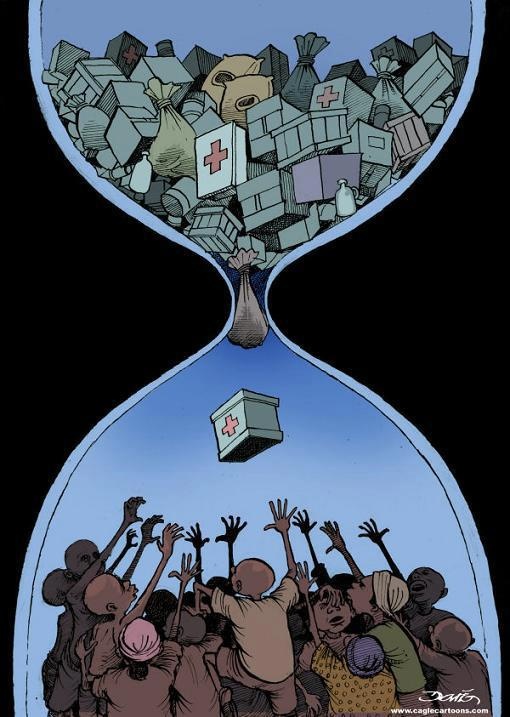Public Leadership Has Private Consequences

Public Leadership Has Private Consequences
By Joseph C. Ibekwe
Leadership, whether in government or business, is never an isolated act. The choices leaders make in public life inevitably ripple into private spaces—shaping families, communities, and the moral fabric of society. In Nigeria and across Africa, this truth is especially vivid. The phrase “Public Leadership has Private Consequences” captures the deep interconnection between governance and the lived experiences of ordinary citizens.
At its core, public leadership is a trust. When an individual assumes a public office—whether as a president, governor, legislator, or civil servant—they become custodians of collective wellbeing. Their decisions on policies, budgets, or regulations determine the quality of healthcare people receive, the education children access, and the safety of neighborhoods. Thus, the failure or success of public leadership translates directly into private realities: hunger or prosperity, despair or hope, stagnation or progress.
In Nigeria, decades of weak governance and corruption have shown how poor leadership can destroy private lives. When public funds meant for hospitals are misappropriated, mothers die giving birth for lack of equipment. When roads are left in disrepair, private citizens lose loved ones to avoidable accidents. When power supply is unreliable, small businesses collapse, and families fall deeper into poverty. The private consequences of public failure are therefore not abstract—they are visible, measurable, and painful.
Conversely, when leadership is ethical and visionary, the positive private consequences are equally powerful. Consider Rwanda’s post-genocide transformation under Paul Kagame’s leadership. Though not without criticism, his focus on national reconstruction and good governance improved healthcare, security, and education—transforming the daily lives of millions. Similarly, in Lagos State, Nigeria, sustained investments in transport and environmental reforms over the years have yielded tangible benefits for citizens’ private wellbeing.
Africa’s challenge, therefore, is not a lack of resources but a lack of responsible leadership. Many public leaders forget that their actions are not confined to the walls of their offices. Every signed document, every neglected duty, every self-serving decision, triggers real outcomes for millions of unseen faces. Leadership in Africa must move beyond the rhetoric of power to the practice of stewardship.
The Fledism Leadership Philosophy—a framework developed by the FLED International Leadership Institute—teaches that leadership begins with the self and extends outward to society. It emphasizes that public office is an extension of private character. A corrupt individual in private life cannot magically become a virtuous leader in public service. This is why ethical formation and personal integrity must be at the heart of leadership development in Africa. The leader’s private conscience is the seedbed from which public accountability grows.
To rebuild Africa, we must cultivate leaders who understand this moral equation. Citizens, too, must hold leaders accountable and reject the culture of impunity that disconnects public failure from private suffering. Our continent’s future depends on leaders who recognize that the power they wield in public is borrowed from the trust of private citizens.
In the end, every public decision shapes a private destiny. The classrooms our children learn in, the hospitals we rely on, and the opportunities we pursue all bear the imprint of leadership choices. Indeed, public leadership has private consequences—always.
This symposium is our effort to bring this issue to public consciousness and set it as rudder for decisions of those to support for public leadership and as a template for assessment the effectiveness of public leaders.
I now yield the floor to our distinguished panelists to do justice to this important theme. I wish you a most robust discussion and pragmatic insight.
Thank you everyone.
Introductory remarks By Rev. (Prof) Joseph C. Ibekwe, President, FLED Group Africa at the 30th Anniversary Symposium of FLED Group Africa, held on November 12, 2025, at KMC Hotel, Karu Site, Abuja.








